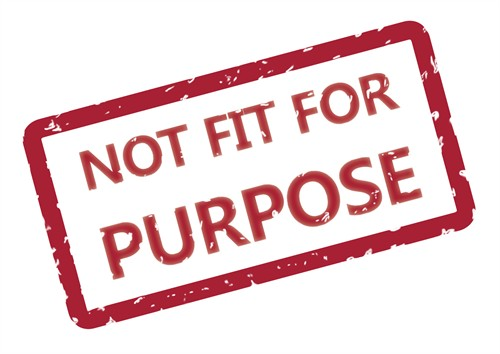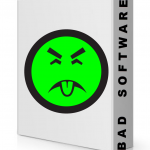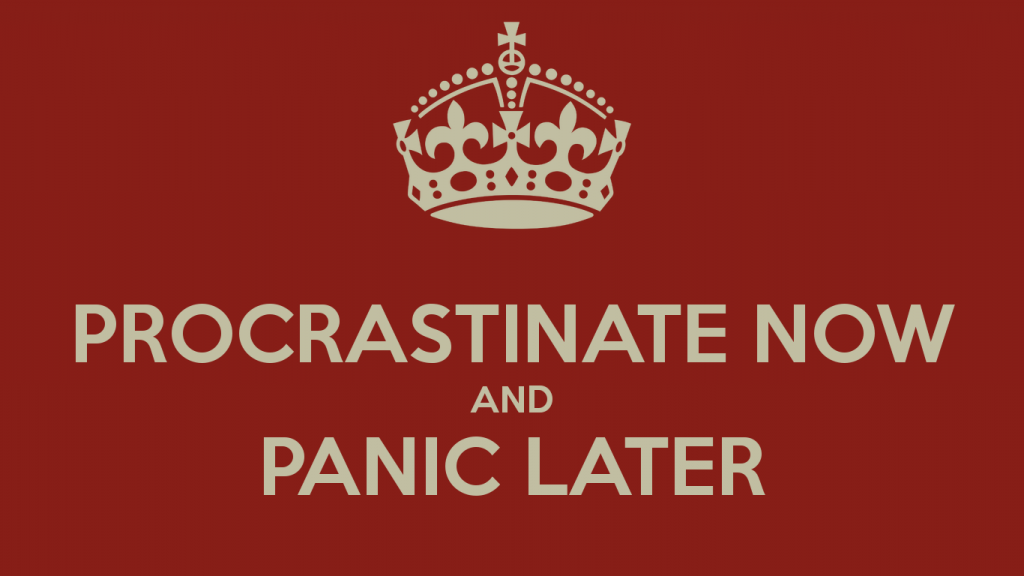My biggest headaches this semester came from the software platform we used for the class blog. ‘Up’-grades happened this year which, incredibly, degraded functionality. As currently configured, sites@psu is not fit for large-class teaching. The software now creates unnecessary work for instructors and frustrations for students — all while simultaneously creating novel ways for students to cheat – and no way to catch them.
- Most irritating was the degraded ability to find students’ work. We used to have an alphabetically-arranged Contributions page visible to the world. It enabled students (and us) to easily see with hot links what work they had done within a fixed time window and to find their class mates’ work. That made it easy for them and, most important, it made it very easy for us to grade. The 2016 ‘improvements’ hid all that. Now, no one on the outside can find anything and the themselves students have to log in to the system and run a report on themselves. And the graders? We ran endless reports. Click click click. Tick. Tick. Tick.
- During the grading of the third blog period, someone changed the method for running reports on students. You are in the middle of grading hundreds of blogs and someone replaces one lousy search algorithm for another lousy search algorithm — all for no obvious gain?
- The search widget does not search by author. Wtf?
- We had to rely on students (!) to go into their profiles and make their names correct. As administrators, we couldn’t do that. Students appeared by default with their user I.D. (afr3). They could then call themselves Drew, Andy, Andrew or leave the afr3. We had to ask them to call themselves what our class lists call them. Otherwise we have to be like detectives to figure it out. My favorite: Alexander called herself Xander. When you are searching a drop-down list of 300 students arranged alphabetically by first name…
- Yup, that’s right. For much of semester, you could not run reports on a students’ surname or user id. There was just a drop down menu in alphabetical order of first (!) name. At one point we had a list of students arranged by first name followed by the remaining students arranged by ID number. I did so much scrolling up and down that list.
- The default time zone for the blog? Central Russia (no kidding). We figured that out after the first deadline cut off a lot of students’s last minute work.
- Some moron set up a clone site. This might have been in response to my complaints about losing the contributions page. I like that they tried. I did not like that they failed. But worse, they made it so the students could post to the clone site. You can see it here (check out the URL!). Once we figured out that there was a live mirror site, I disabled student access to it. But too late. You can still see on the clone site the students who posted to it. That’s the work we did not grade until student complaints unearthed it.
- The ability of the grading team to get into the site and find students completely stopped for many hours during a grading period (10/22/16). We have a team of five graders trying to get it all done in less than a week and we lost the better part of a day — without explanation or apology.
- My instructor blog vanished completely for six hours (10/17/16). Again no explanation or apology.
- Despite my endless exhortations, many students post at the last minute. Some of this last-minute work took more than 12 hours to become findable because the blog under pressure does not post straight away. We know this because some work appeared after the graders had graded a student… Oh, the complaints (from students and graders).
- There is no way to tell if the site is about to exceed its storage limit. Right now, my dashboard tells me that with something in the order of 2,000 posts this year, similar numbers for the classes of 2012, 2013, 2014 and 2015, as well as this Reflections blog, I have 0.00% of 2.93GB used.
- There is no log. That’s the thing that would tell you who had done what on the site when. That’s what you need to check whether students are cheating or misleading you. And that matters because:
- Unbelievably, the site lets the student determine the publication date of a post. They can do work after a deadline and make it look like they did it before the deadline. I discovered that early in semester and I could not believe it. If you make it possible for students to cheat, some will. Maybe it is good there is no log. I can not tell how often we were taken for a ride.
Juggling 300+ students is hard work, especially on top of a busy research and administrative life. Time is everything. Brain space is everything. I struggle to put into words my feelings about the hours and energy I wasted dealing with software-induced student complaints and concerns. I dare say the College is also unimpressed with the cost of the extra hours the graders had to spend tracking down students’ work. Writing this post has taken even more time I will never get back. I hope it leads to constructive action on someone’s part. Whose, I have no idea. These days, you never get a person to deal with.
In 2010, tech guru Chris and others persuaded me that we could make blogging work for a large class. And indeed, Chris made it work, year after year. For the first five years, the blog software never got in the way of teaching and was never a pointless time-suck. Those were the good old days. In those good old days, Chris had control and was able to build the site himself to aid my pedagogy and grading efficiency. No more: sites@psu got outsourced to folk who don’t believe in local control. Last year, the change of platform was all mildly irritating. This year, I’d have given anything for the old functionality.
 Indeed, if this year’s performance had happened in year 1, I would have given up blogging and returned to conventional term papers. And I will unless we get back the functionality we once had. I continue to think blogging is an exceptionally good teaching tool. But this year, the hassle didn’t justify the pedagogical gains. Not even close.
Indeed, if this year’s performance had happened in year 1, I would have given up blogging and returned to conventional term papers. And I will unless we get back the functionality we once had. I continue to think blogging is an exceptionally good teaching tool. But this year, the hassle didn’t justify the pedagogical gains. Not even close.
The only good thing I can say about this year was the speed with which the folks at Texas-based Campus Press (to whom things have been outsourced) got back to me. I learned that if you put URGENT or EMERGENCY in the email, you got a rapid response. As to the responses themselves? Well, here’s one: “The reports did change and unfortunately at this point I don’t have any way to change them back to the previous version.”
Of course a real software ‘up’grade would involve a gain of function. Two new things I would like: (1) A text editor for comments. If you are an administrator editing an existing comment, a text editor appears. But not if you are a student. They have to use html, if you can believe it. That has caused so many utterly pointless headaches for students and TAs over the years. Fixing that would not be an innovation. It would just be making existing tools accessible to actual users. (2) Automatic plagiarism software. This would be an innovation. It would be great to have something that we can turn on after deadlines, and which compares the material on the blog with the rest of the internet (and not least SC200 blogs from previous years). The process doesn’t need to be instant (it could chug away for a week). If that’s too computationally intense, something simpler could still be very useful. For example, just taking well-formed sentences from every blog post (or even a random sample) and doing a google search for that text string would be good. If that’s too much to ask, then how about something that checks the current semesters posts against SC200 blogs from previous years? Plagiarism is a big issue for teaching via a blog. Be great to have a blog that worked with the instructor to make things better.
Mind you, I’d just settle for one that didn’t just make things harder.




